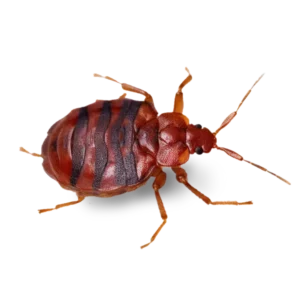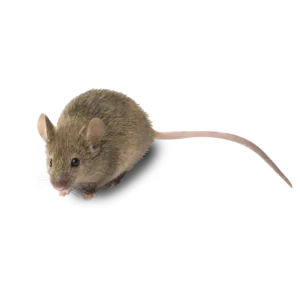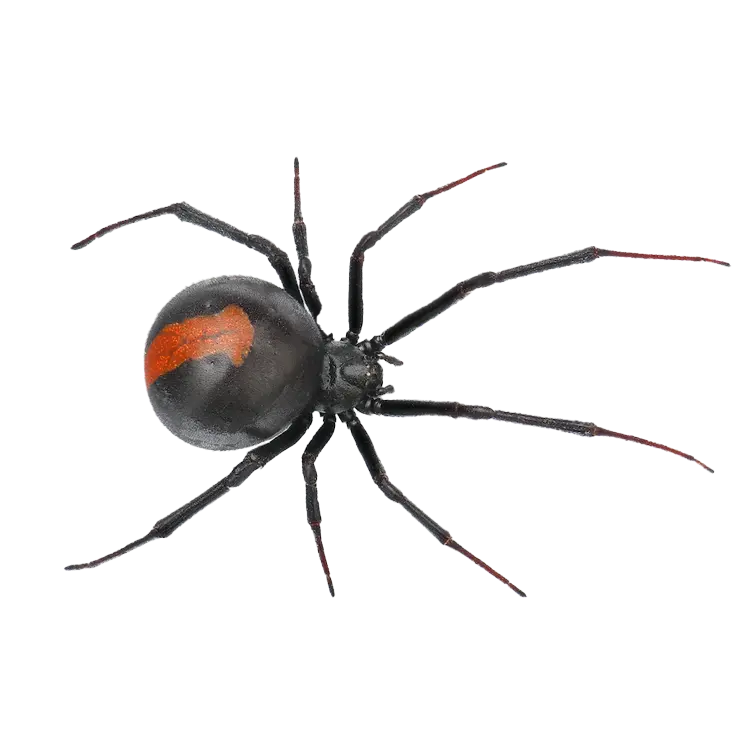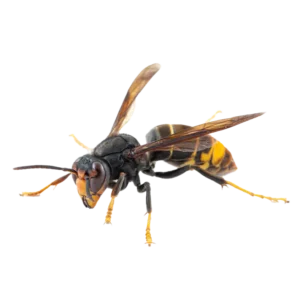Your Local Hillsboro Pest Experts
Unlike other pests that enter a home looking to invade the pantry and cabinets, spiders come inside looking for a different type of food. Typically, spiders are looking for a sheltered location where they can spin their webs and trap their own food sources, such as ants and flies. As such, homes that are dealing with an infestation of another type of pest are more likely to experience a spider problem.
Although spiders certainly bring with them a unique form of pest control, when too many spiders enter a home, it is very unsettling for the humans within it. This is particularly true when the spiders in the home pose a significant danger to humans, such as the black widow spider. Once a spider problem is detected, it is important to speak to a Hillsboro spider control company that can eliminate the problem, and prevent it from coming back.
Common Spiders in Hillsboro
Hillsboro, and the rest of Oregon, is home to many different types of spiders. The spiders that are of the most concern because they pose a threat to humans, however, are as follows:
- The yellow sac spider: It is understandable that the yellow sac spider causes fear in the hearts of many. Their bite can cause a person’s flesh to rot. The pain of a yellow sac spider is significant, and will likely last for several hours. Inflammation and itching are also common symptoms of a yellow sac spider bite. Although a person may experience symptoms that are more severe, such as fever and excessive sweating, these cases are quite rare. As their name suggests, these spiders are often yellow, although some are also white in color.
- The hobo spider: It was once thought that the hobo spider was extremely dangerous, but studies have shown that may not be entirely true. However, it is known that their bites are also extremely painful and can cause severe headaches and inflamed skin for several days after the bite. Hobo spiders are quite small, measuring approximately one to two inches in length and most likely to bite when threatened.
- The black widow spider: Perhaps the most dangerous spider of them all, black widow spiders can deliver a very powerful bite. Contrary to what many people think though, these bites are rarely fatal for humans. As their name suggests, black widow spiders are always black in color, but females have a distinctive hourglass shape on their abdomen. These spiders should never be removed from a home by a non-professional, as it can be very dangerous.
Spider Prevention Tips
Ideally, the best way to deal with spiders is to never let them enter the home in the first place. Some of the best spider prevention tips include:
- Trim greenery: Bushes and shrubs make it very easy for a spider to climb from the greenery onto the wall or roof of a home. Overgrowth also provides additional shelter for spiders and once they feel comfortable there, they will not move from some time to come. Trimming greenery, including your lawn, can encourage spiders to find a home elsewhere.
- Avoid clutter: Clutter provides spiders with the hiding spots they need while catching prey such as house flies, mosquitoes, and even other spiders. Clear out clutter such as branches, sticks, and boxes inside and outside of the home.
- Seal gaps and cracks: Spiders are often very small and so, they do not need a large gap or crack to make their way into your home. Seal all entry points around doors and windows, utility lines, and any other place spiders could use as a roadway into your home.
- Eliminate other pests: Again, spiders will come into your home looking for ants, flies, and other insects. By reducing these pest populations, you can also prevent a spider problem from forming.
- Clean webs: It takes a lot of hard work to build a spider web and so, spiders usually like them to last as long as possible. Taking the webs down regularly will likely deter a spider from creating another one in the same location.
- Replace your lighting: Although any type of light will attract spiders and other insects to some degree, some options are better than others. The best lights to deter pests from your home are yellow LEDs, so making a simple switch can prevent a problem.












